Cooperation with Azerbaijan on COP29 is ongoing in all directions
The International Renewable Energy Agency (IRENA), which brings together 168 countries and the EU, plays an important role in promoting and expanding the use of renewable energy sources (RES) around the world, and is a key platform for discussion and cooperation in the RES field, bringing together governments, entrepreneurs, scientists and other interested parties to jointly find solutions to global energy challenges.
IRENA's participation at COP29 in Baku this fall is of strategic importance in the context of the fight against climate change and the transition to sustainable energy. Renewable energy sources play a key role in reducing greenhouse gas emissions and mitigating climate change.
In an interview with Report, IRENA Director-General Francesco La Camera spoke about his expectations from COP29 and various issues such as how poor countries can invest in renewable energy sources and the importance of the energy transition.
- Could you please elaborate on how IRENA will cooperate with the Government of Azerbaijan on COP 29?
- We started discussing this opportunity for cooperation in the framework of this summit during the meetings with the Minister of Foreign Affairs, the Energy Minister and the COP29 President-Designate.
First of all, IRENA may provide the data concerning the tripling pledge (to triple the world's green energy capacity to 11,000 GW by 2030) that was adopted in Dubai last December.
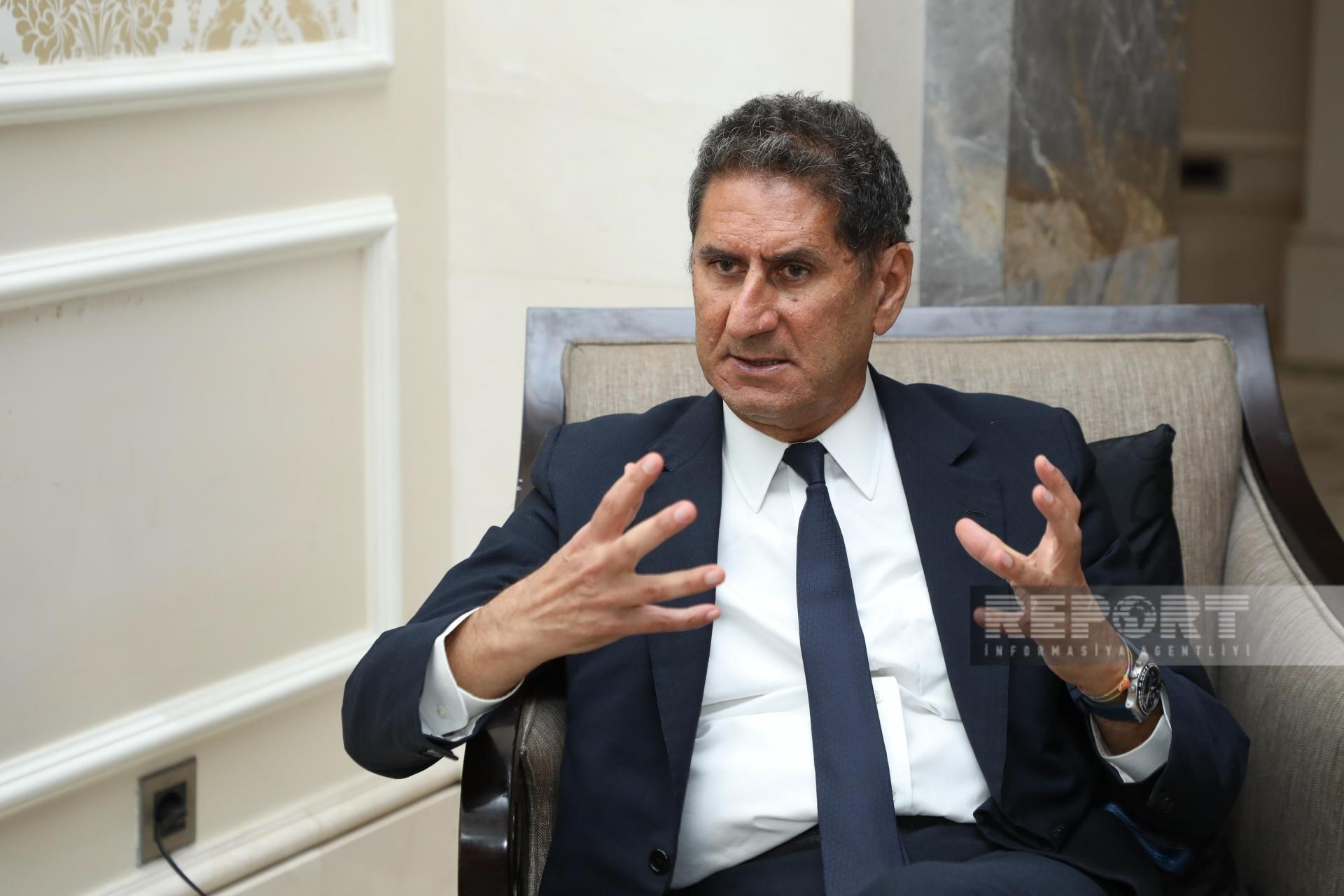
And so provide the data to understand where exactly we are in the implementation of the energy outcome. We'll produce a report on this and this will be a ready model for cooperation.
We have discussed the possibility of having an investment forum in Azerbaijan and we have also discussed other possibilities. So the collaboration is absolutely 360 degrees. We also continue to provide support on the technical level.
The discussions are ongoing and they will continue. I will be back in Baku in June, during the energy week. So we'll have the opportunity to finalize all the elements of this collaboration and come up with a precise schedule.
-How do you think the discussions at COP 29 can contribute to the energy transition?
So naturally, COP 29 will be the moment for setting a new goal for $100 billion in financing (to implement a new round of national climate plans). So this will be one of the main tasks.
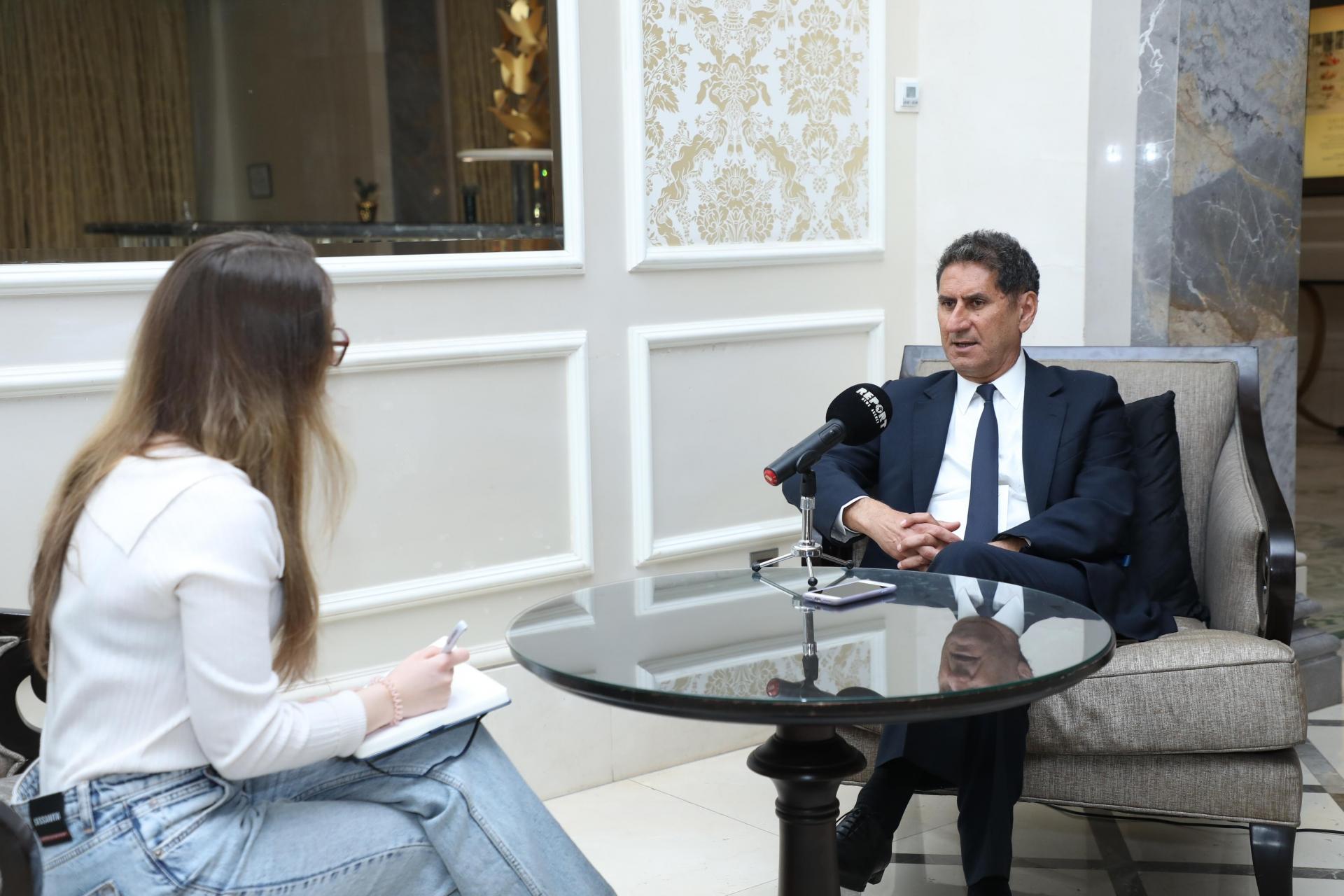
And I would say that during these days we need to check where we are and try to understand how much the commitments from COP28 and the previous years has become a reality. Because I can clearly say that according to the figures we are late and if we don't act, consequently in a couple of years we may risk the opportunity to keep the goal of 1.5 C.
- What are your expectations from COP29?
First of all, inclusivity, setting new funding targets, as well as developing existing ones and putting forward new, higher ambitions in terms of national commitments (NDC). Every country sets its own goals to contribute to the fight against climate change, and raising these ambitions is important.
And these ambitions should be based on real numbers. This is the challenge facing COP29: ensuring that countries' commitments are aligned with reality.
This may be another important result of COP29.
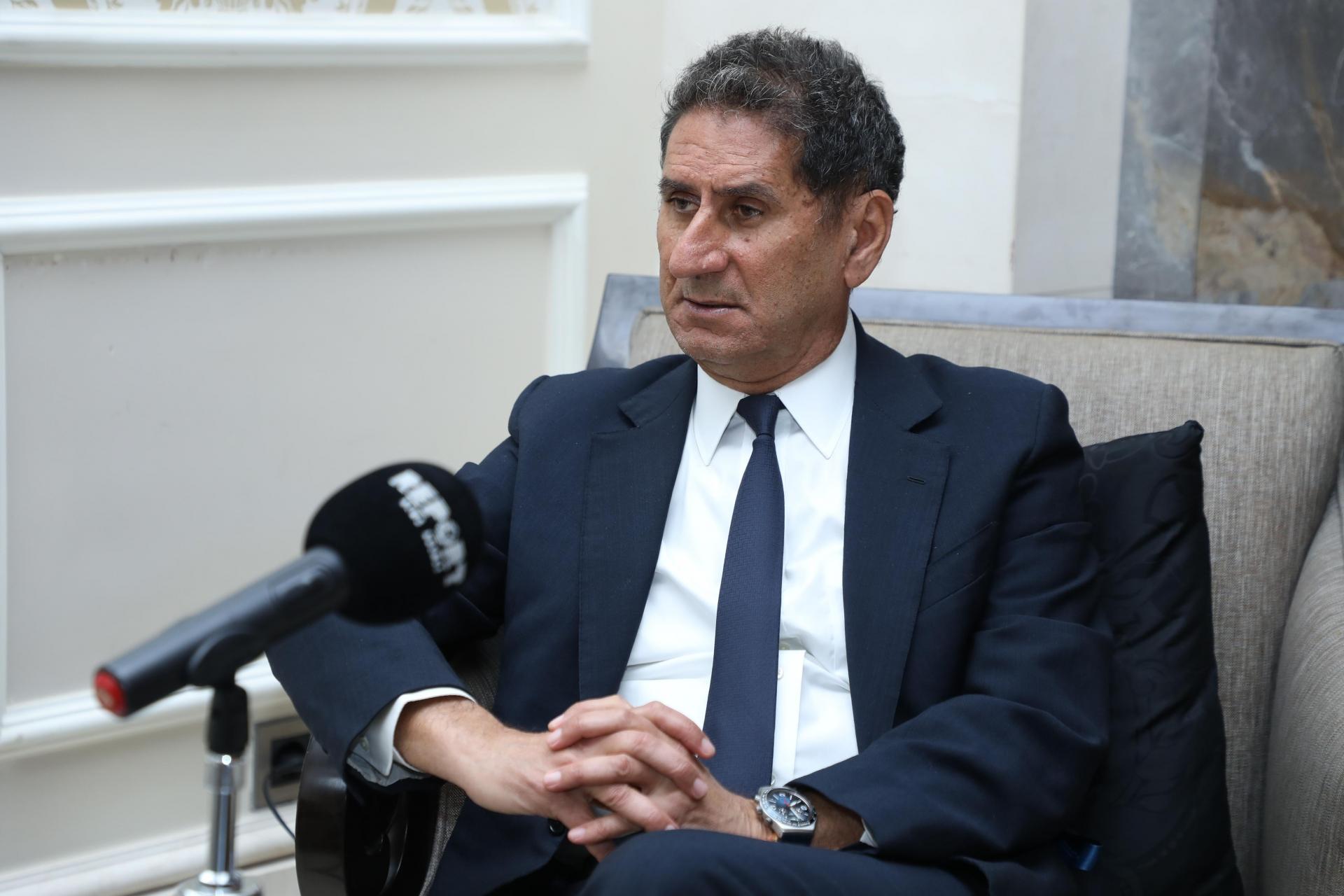
- We know that developed countries are invested more in the development of renewables, but this is not the case of poor countries. They are still using traditional energy sources. How do you think this problem can be solved?
- It's very important. We also discussed it in Baku.
It is necessary to make clear how the infrastructure, I mean the grids, should be brought into line with the possibility of transmitting renewable energy, creating interconnections between them, their flexibility are important priority.
So international financial institutions should provide a plan for updating and strengthening the existing infrastructure and make this infrastructure work for renewables. So this is the best thing to do because this will happen, especially in continents like Africa, but in other parts, it will be possible to have private investment. To have investment, you need to provide some profit.
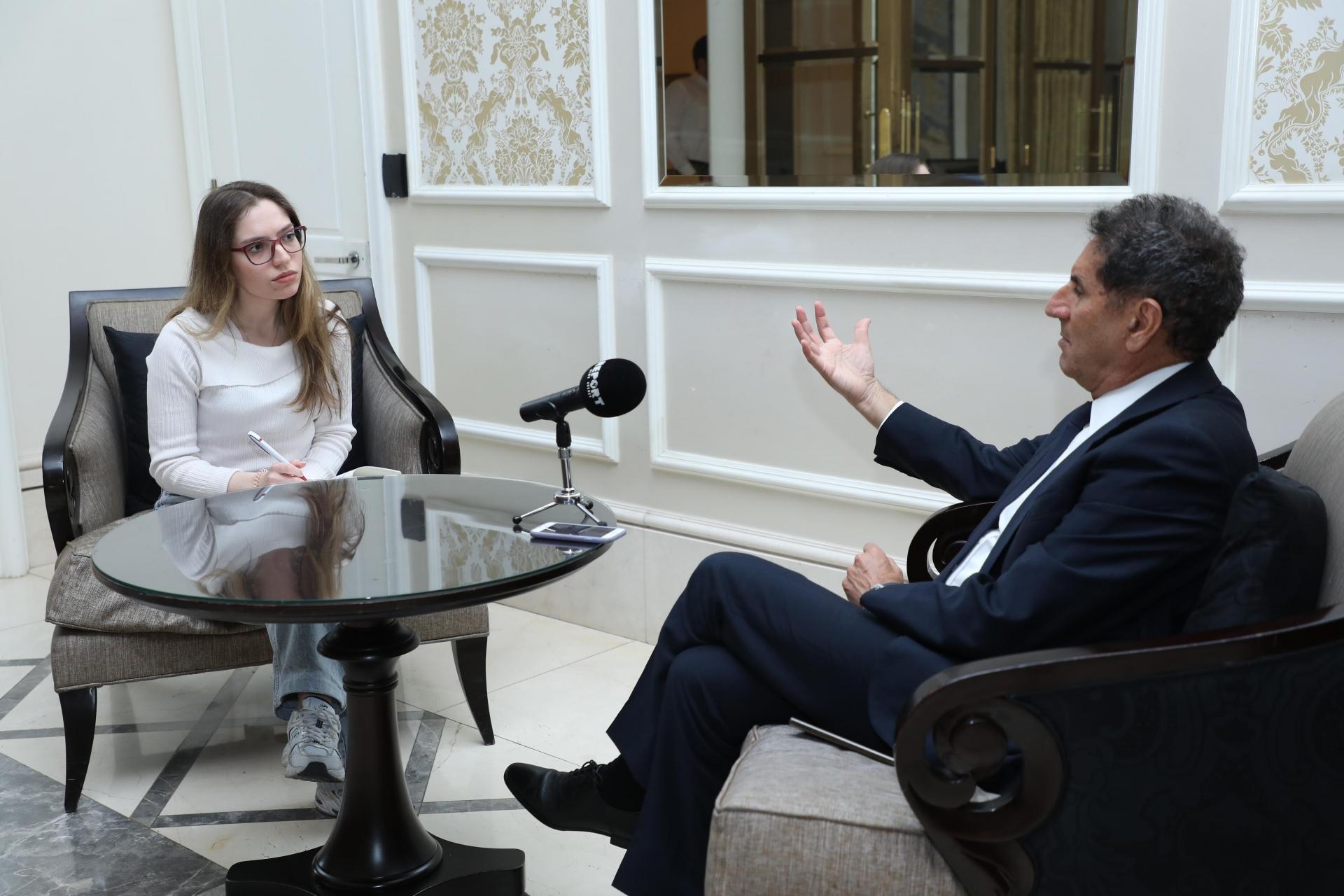
If you can't connect renewable energy to the grid and get paid for it, it won't make any sense.
I think this is the first time we've discussed this. We want the COP to make it clear that international financial institutions must provide funds to invest in upgrading, strengthening, and perhaps creating new grids.
- And maybe there is something I haven't asked, but you would like to share with our readers?
- We attach great importance to regional cooperation. IRENA has almost 170 member countries, and we cooperate with all states.
However, I want to emphasize that the regional approach is relevant in the context of energy systems. Their interconnectedness and flexibility will help us better tackle the problems we face if they are solved on a regional scale.
At the same time, it is important to build institutional capacity. For example, most countries have ministries of energy, oil and gas, but no institutions related to renewable energy.
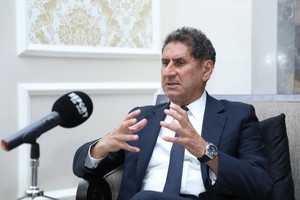
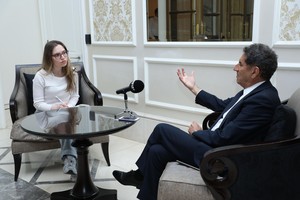
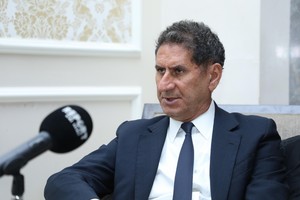
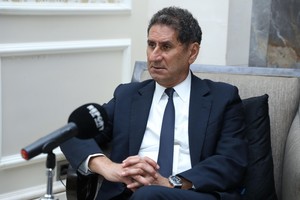
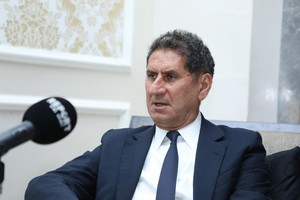
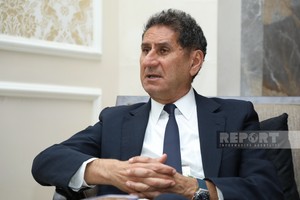
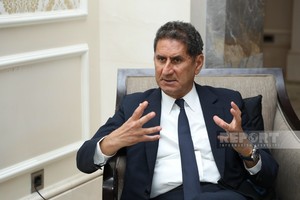
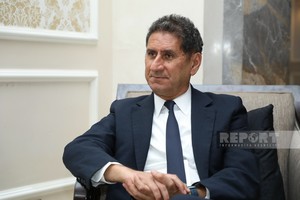
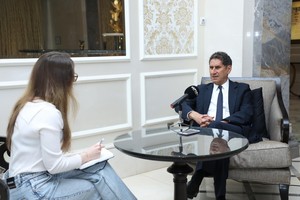


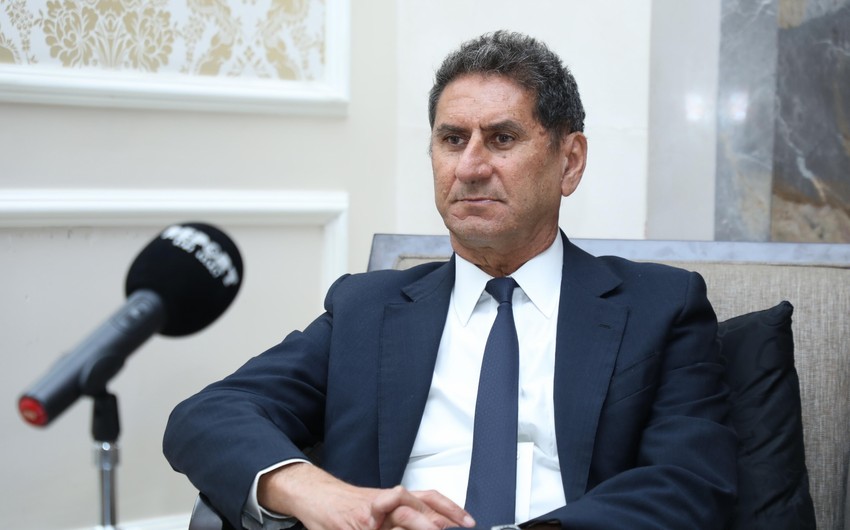 https://static.report.az/photo/506ba1c4-6f31-3261-9b76-d0f9efb126ef.jpeg
https://static.report.az/photo/506ba1c4-6f31-3261-9b76-d0f9efb126ef.jpeg

